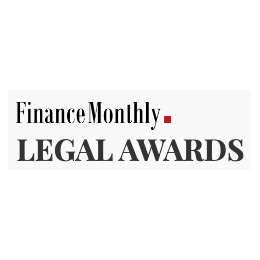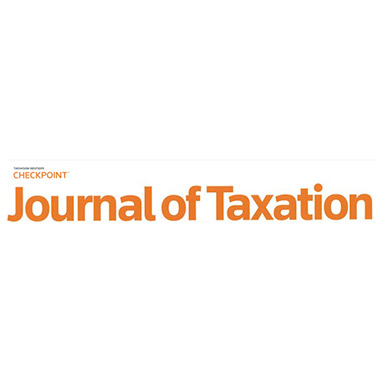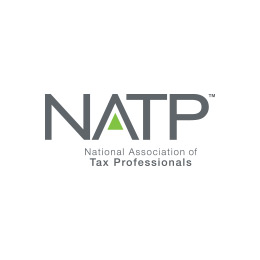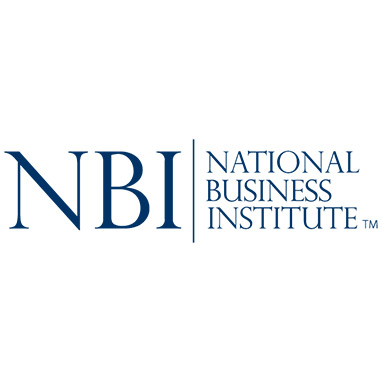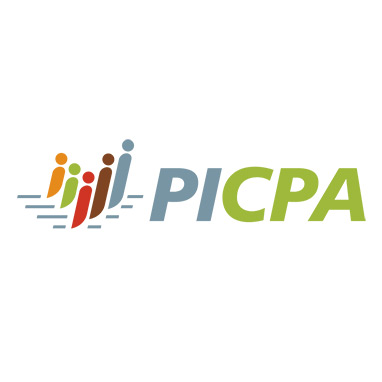In the intricate world of business finance, the line between legitimate expense reporting and falsification can sometimes blur, leading to allegations of fraud. Such charges carry severe penalties, including hefty fines, imprisonment, and significant reputational damage.
However, our team can provide the assistance you need every step of the way. From breaking down the allegations and challenging the evidence to developing a comprehensive defense strategy and representing you in court, we can manage your case from start to finish. To protect your future, it is vital to hire a firm that has extensive experience handling these complicated and often misunderstood cases.
For a free case evaluation, contact our attorneys for falsifying business expenses at McCormick Tax Law by calling (888) 973-3503.
Understanding Falsifying Business Expenses
One of the most common forms of white-collar crime is falsifying business expenses, which involves misrepresenting or exaggerating costs incurred by a business. This could include inflating travel expenses, claiming personal expenses as business costs, or even creating entirely fictitious expenses.
Falsifying business expenses is a serious offense that can have far-reaching consequences. Not only does it undermine the financial integrity of a business, but it also constitutes fraud, which is illegal and can lead to criminal charges. Fortunately, our attorneys for falsifying business expenses can help avoid the harshest penalties. If found guilty, though, individuals who engage in this type of activity can face fines, imprisonment, or both, depending on the severity of the offense.
Business owners and employees alike should be aware of the importance of accurate record-keeping and the potential consequences of falsifying business expenses. It is essential to maintain detailed and accurate records of all business expenses, as well as to ensure that all expenses are legitimate and necessary. By doing so, businesses can maintain their integrity and reputation while avoiding the legal, financial, and reputational risks associated with white-collar crime.
Potential Penalties for Falsifying Business Expenses
Falsifying business expenses is a criminal offense that can result in severe penalties. The exact consequences depend on the specifics of the case, including the amount of money involved and whether it is a first-time or repeat offense. However, penalties often include hefty fines that can run into thousands of dollars or more. Besides, there is the possibility of imprisonment. Jail terms for fraud can range from a few months to several years, depending on the severity of the offense.
In addition to criminal penalties, falsifying business expenses can also lead to civil lawsuits. Shareholders, business partners, or other affected parties might sue the offender for damages. If the lawsuit is successful, the offender could be ordered to pay restitution, compensating the affected parties for their financial losses. The amount of restitution will typically depend on the extent of the financial harm caused by the falsified expenses.
Beyond the legal and financial penalties, falsifying business expenses can lead to significant reputational damage. Businesses rely on their reputation to attract and retain customers, investors, and partners. Allegations of fraud can severely damage that reputation, leading to lost business opportunities, reduced revenue, and a decline in share value for publicly traded companies. Rebuilding a tarnished reputation can take years and is often more challenging than paying a fine or serving a jail sentence.
How to Defend Against Charges of Falsifying Business Expenses
With the right defense strategy, it is possible to fight these charges effectively. While it might seem like criminal penalties are inevitable, these cases often turn on many complex facts. In many cases, very good reasons exist for the issue that simply needs clarification. The following are common defenses used to show that the discrepancy was inadvertently made:
Honest Mistake
One common defense against charges of falsifying business expenses is the honest mistake defense. This strategy hinges on the premise that not all inaccuracies in business expense reports are the result of deliberate deception. Errors can arise from innocent mistakes, misunderstandings, or lack of knowledge about what constitutes a legitimate business expense.
To effectively use this defense, it is crucial to provide evidence showing that the inaccuracies were not intentional. This might include demonstrating a consistent past record of accurate reporting, showing that the mistake was out of character, or providing evidence of confusion or misunderstanding about expense reporting rules. It might also involve proving that the company lacked clear guidelines on expense reporting, leading to unintentional errors.
However, keep in mind that ignorance of the law is typically not considered a valid defense. Therefore, the honest mistake defense works best when it can be proven that the mistake was truly inadvertent and not a result of willful ignorance or disregard for the law.
No Intention to Conceal Fraudulent Business Expenses
Another defense strategy involves proving there was no intention to conceal fraudulent business expenses. This defense argues that even if inaccuracies are present, they were not part of an attempt to deceive or defraud.
This defense requires demonstrating transparency and openness in the company’s financial dealings. Evidence might include open communication with auditors, willingness to cooperate with investigations, and prompt action to correct inaccuracies once discovered.
If it can be shown that the company acted in good faith and did not attempt to hide or cover up the inaccuracies, this can support the argument that there was no intention to commit fraud.
The Falsification was Minimal
In some cases, we might argue that the degree of falsification was minimal and did not significantly impact the company’s overall financial reporting. This strategy concedes that inaccuracies might exist but contends that they are minor in the grand scheme of things.
To use this defense, it would be necessary to provide context for the inaccuracies. For example, if the inaccuracies represent a tiny fraction of the company’s total reported expenses, this could suggest that they were not a deliberate attempt to inflate profits or reduce tax liabilities.
However, even minor inaccuracies can constitute fraud if they were intentional. Therefore, this defense is often used in conjunction with other strategies, such as the others mentioned above.
Insufficient Evidence
In some cases, we can challenge the sufficiency and validity of the evidence presented by the prosecution. This strategy is particularly effective if the evidence is weak, circumstantial, or obtained improperly.
By scrutinizing the evidence and identifying the weaknesses in the prosecution’s case, our team can argue for the dismissal or reduction of charges on your behalf. This approach requires a thorough understanding of the criminal justice system and its numerous procedures.
Our Attorneys for Falsifying Business Expenses Can Help Defend Your Case
Call McCormick Tax Law at (888) 973-3503 to get a free case review with our attorneys for falsifying business expenses.




